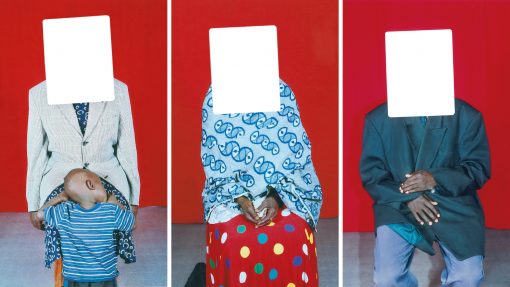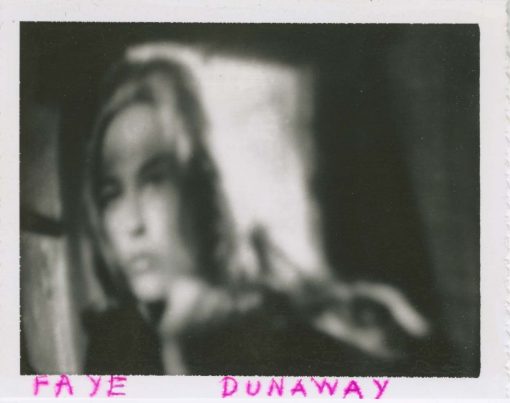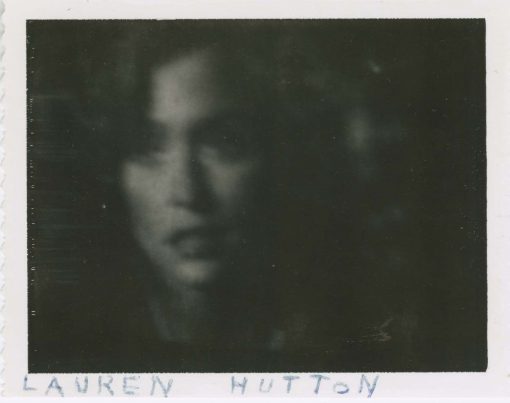
THIS EVENT HAS REACHED CAPACITY; WE ARE NOW ACCEPTING REGISTRATIONS FOR THE WAITLIST ONLY.
The Walther Collection, The Center for the Study of Social Difference at Columbia University, and The Barnard Center for Research on Women present Imagining Everyday Life: Engagements with Vernacular Photography, an international symposium at Columbia's Lenfest Center for the Arts, co-organized by Brian Wallis, Marianne Hirsch, and Tina Campt.
The symposium aims to articulate the multiple definitions of vernacular photography within a newly expanded field of critical investigation—reconsidering the context and meaning of often overlooked photographic practices and tracing their specific social histories. Bringing together speakers from a wide range of academic disciplines, presentations will consider vernacular photography in its diverse stylistic forms, utilitarian applications, and regional variants. With examples ranging from ethnographic records to criminal mugshots to family photo albums, the discussions will offer new ways to think about photography in relation to our political communities, social agency, and daily personal rituals. While such formats may reinforce the regulatory standards of identity and political participation that govern definitions of gender, race, ethnicity, and sexuality, they also become crucial sites of social resistance and transformation.
The conference consists of four panels over two days. The Friday evening session takes place from 5:00–7:30pm on October 19, followed by a full-day convening from 10:30am–6:30pm on Saturday, October 20.
This event is free and open to the public with required registration. Please fill out this form or email contact@walthercollection.com to register in advance. Seating is first-come, first-served until the venue reaches capacity, so please plan to arrive early to ensure a seat.
The Lenfest Center for the Arts at Columbia University, New York
Katharina Otto-Bernstein Screening Room
5:10PM
Welcome and Introductions
Artur Walther The Walther Collection
5:30PM
Why Vernacular Photography? The Limits and Possibilities of a Field
What defines photography as vernacular, and when is it not? Can a critical investigation of photographic representations of everyday life, the common and the quotidian, often in series or typologies, offer new insights into how we conceptualize family narratives, personal identity, political community, and social environments?
Brian Wallis The Walther Collection (chair)
Ariella Azoulay Brown University
Geoffrey Batchen University of Wellington
Clément Chéroux San Francisco Museum of Modern Art
Patricia Hayes University of Western Cape
10:30 AM
Troubling Portraiture: Photographic Portraits and The Shadow Archive
Identification photographs have long been used to sort, shape, segregate, and categorize citizens based on occupation, social group, body type, or political affiliation. How do such images, affixed to police records, driver’s licenses, passports, and ID badges position their subjects in relation to traditional conventions of honorific portraiture?
Tina Campt Barnard College (chair)
Nicole Fleetwood Rutgers University
Lily Cho York University
Ali Behdad University of California, Los Angeles
Laura Wexler Yale University
2PM
Performance and Transformation: Photographic (Re)visions of Subjectivity
Personal photographs often manipulate or invert conventions of photographic portraiture to explore changing notions of gender and sexuality, and race and ethnicity. How do such images expose the cultural factors that shape individual and collective subjectivities, and question the very notion of a stable, authentic self?
Gil Hochberg Columbia University (chair)
Shawn Michelle Smith Art Institute of Chicago
Sophie Hackett Art Gallery of Ontario, Toronto
Elspeth Brown University of Toronto
Leigh Raiford University of California, Berkeley
4:30PM
Space, Materiality, and the Social Worlds of the Photograph
Vernacular photographs often rely on materiality—the physical and tactile nature of the object—as an element in their imagery or display. How does this tangible, three-dimensional aspect embody broader issues concerning the framing or viewing conventions of photographs, the social circulation of images, and the representations of public space?
Marianne Hirsch Columbia University (chair)
Drew Thompson Bard College
Thy Phu Western University
Barbara Kirshenblatt-Gimblett New York University
Deborah Willis New York University
The symposium coincides with The Walther Collection's multi-year series of exhibitions titled "Imagining Everyday Life,” focusing on historical and contemporary uses of vernacular photography. These exhibitions aim to define the field by presenting a series of case studies, delineating general characteristics, establishing conceptual categories, and proposing various modes of future critical inquiry. "Imagining Everyday Life” will include five exhibitions at The Walther Collection Project Space in New York, including The Shadow Archive; Mistaken Identities; and Scrapbook Love Story, which is currently on view through December 15, 2018. It will culminate in May 2020, with a comprehensive exhibition at the collection’s campus in Neu-Ulm, Germany, organized by Brian Wallis, accompanied by a catalogue co-published with Steidl.
Imagining Everyday Life: Engagements with Vernacular Photography is
generously supported by:
The Walther Collection
Center for the Study of Social Difference | Columbia University
Barnard Center for Research on Women | Barnard College
School of the Arts | Columbia University
Society of Fellows in the Humanities and The Heyman Center for Humanities | Columbia University
Department of Art History and Archaeology | Columbia University
Institute for Research in African-American Studies | Columbia University
Institute for African Studies | Columbia University
Andrew and Marina Lewin Family Foundation
Documentary Arts, Inc

